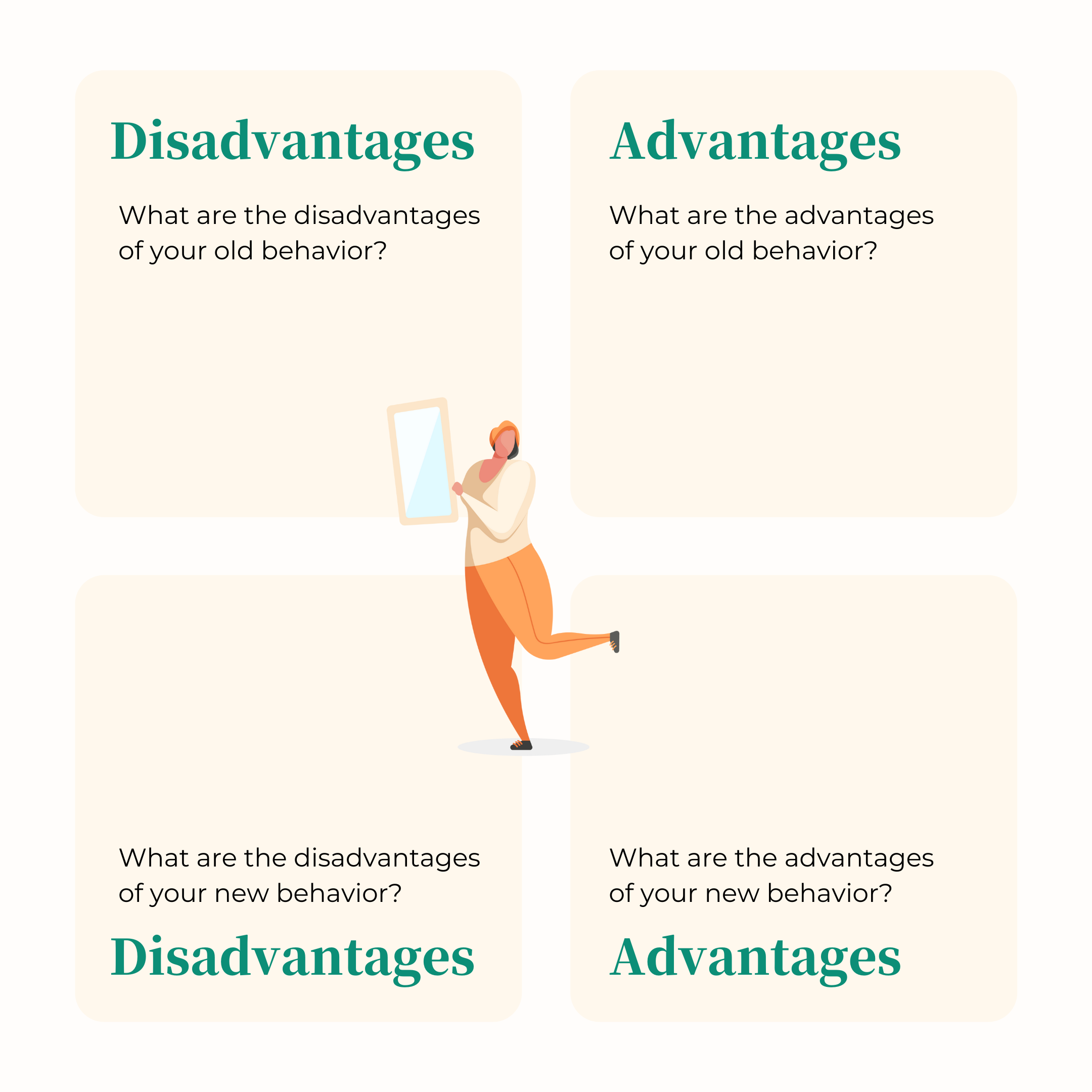You’re loyal, caring and you like helping other people. Obviously, these are all traits to be proud of. But sometimes you might go a little too far. You end up saying ‘yes’ to everything because you can’t say ‘no’. And if you do find the courage to say ‘no’ every now and then, you feel guilty afterwards. Does this sound familiar to you? Then there’s a high chance that you’re what we’d call a people pleaser.
Psychologist Jasmijn Eerenberg is here to explain how you can find the right balance between focusing on the wellbeing of other people and caring for yourself.
What are the characteristics of a people pleaser?
Everyone is different. However, there are some general characteristics that fit with the overall profile of a people pleaser.
“People pleasers love helping others and feel responsible for the wellbeing of the people around them. In addition, they like satisfying other people’s expectations, they want to be perceived as nice, and they generally avoid conflict,” explains Jasmijn.
“Many people pleasers find it difficult to say ‘no’ because it makes them feel guilty or they’re afraid of getting a negative reaction. For example, disappointment.”
To a certain extent, these are positive character traits. “But if your own wellbeing starts to suffer, they can become a trap,” says Jasmijn.
For example, when you’re so concerned with pleasing other people that you forget to look after yourself. This is often an unconscious thing. Many people – especially people pleasers – don’t often stop to think about what they want for themselves. This means that they’re automatic response is to just go along with what other people want.
Why people pleasing holds you back
“To put it broadly, a healthy lifestyle is all about finding a balance between exertion and relaxation,” explains Jasmijn. “Your body is like a battery. If you’re consuming energy, then you need to take the time to recharge.”
When you get too wrapped up in activities that require a lot of energy, it’s possible to lose your state of balance. That’s why it’s important to keep prioritizing yourself – to do things that recharge your batteries.
Jasmijn continues: “This relates to the fact that we live in a very dynamic society. Many people feel like they don’t have a lot of control over their environment, which leads to a sense of powerlessness.”
But when you really think about it, there are actually a lot of things we can influence. You get to decide whether to work out or rest after a hard day’s work. Do you read for an hour every morning, start your day with a walk, or drink a cup of coffee while watching the morning news?
By becoming more aware of the things that you can influence – and in doing so, behaving proactively instead of reactively – you can reduce your sense of powerlessness or stress, increasing your autonomy and resiliency.
How do you know that it’s time for a change?
“The first step is becoming aware of your people-pleasing tendencies,” says Jasmijn. Then reflect back on the situation: How does this behavior affect you – both positively and negatively? If your conclusion is that your wellbeing is suffering as a result of your people-pleasing behavior, then know that now is the time for change.
Jasmijn recommends that you then examine the pros and cons of your current and desired behaviors. This way you can see how your new behavior is serving you versus what it is costing you – in both a short-term and long-term way. “This is how you gain insight into what’s motivating you to change your behavior. As a result you’ll actually follow through with these changes.”
Try filling out the grid below:






